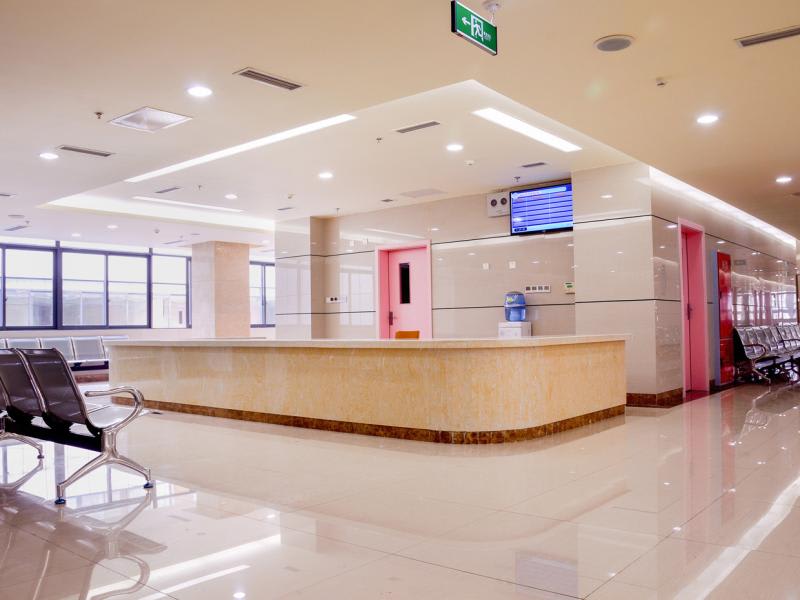AUTHOR

The ATO’s continued focus on tax compliance follows a risk-based approach and has its sights firmly on the not-for-profit (“NFP”) sector given the material amount of funding it receives.
A significant contributor to the NFP sector is the National Disability Insurance Scheme (“NDIS”). The NDIS was the third largest program expense for the 2021-22 financial year and, as at the date of this paper, supports over 500,000 Australians . The NDIS budget cost estimate for the 2024-2025 year is $41.4 billion.
Making supplies of disability support services to a NDIS participant may be GST-free, meaning the supplier has no liability to pay any GST on its receipts and can claim full GST credits for any taxable NDIS-related expenses (i.e., potentially generating a GST refund). However, stringent GST-free requirements apply. These are detailed below.
Understanding and effectively managing GST is imperative for suppliers of NDIS support services. We recommend the following: 
- Regularly reviewing the GST classification of supplies made to NDIS participants, that is – is your supply GST-free or taxable or maybe outside the scope of GST? Apportioning revenue received between these types of GST supplies may be required.Regularly reviewing and updating the GST rules configured in your ERP / accounting system to meet current GST guidance. Manual work arounds should serve as a ‘red flag’ that the controls in your systems and processes are not robust enough and could benefit from more automated controls. This could lead to GST errors and fail to satisfy ATO scrutiny.
- Verifying that you are still eligible to use the cash basis as your GST accounting method. If you turnover exceeds $10 million, you must use the accrual method.
- Adopting minimum tax governance standards such as developing a BAS procedure manual, embedding regular book-to-tax comparisons in your processes and controls and mapping key processes such as procure-to-pay and order-to-cash.
Below, we have briefly recap on what NDIS is before unpacking the comprehensive conditions relating to GST-free supplies made to NDIS participants -
The NDIS was established under the National Disability Insurance Scheme Act 2013 (“NDIS Act”) and is designed to provide individualised packages of support to people with disability, their families and carers. It was introduced across Australia from July 2016.
Legislative context
Supplies of various disability supports are GST-free under Subdivision 38-B of the GST Act if the supplier receives government funding for the supplies.
However, NDIS government funding for some disability support types is not provided to suppliers and is instead provided to the NDIS participant (that is, the person with a disability) or another person managing the funding for the participant.
A supply to a NDIS participant is GST-free if all the following requirements are met:
Requirements | What to look out for | Top tip |
| NDIS plan in effect |
| The supplier should sight the “statement of participant supports” in the plan to confirm that:
|
| Reasonable and necessary supports |
| The supplier’s supply will only be eligible for GST-free treatment to extent that the nature of its supply is specified in the NDIS participant’s plan. |
| Written agreement | The written agreement must:
| The supplier should sight the NDIS participant’s plan to confirm the participant’s eligibility and the nature of the approve supports |
| The supply is covered in either Table 1 or 2 in the NDIS Determination 2021 | The NDIS Determination has 2 tables: - “Table 1” - contained in subsection 6(1) for example:
- “Table 2” – contained in subsection 6(2) for example:
| If Table 1 doesn't apply, you can consider Table 2 only if the item is also covered by one of 3 other Determinations |
“Table 1 supplies”
Example of Table 1 supply
| Classes of support | Example | Description | |
| Specialist disability accommodation (within the meaning of the National Disability Insurance Scheme rules) and accommodation/ tenancy assistance | Specialist Disability Accommodation | Accommodation for NDIS participants who require specialist housing solutions to assist with the delivery of supports that cater for their significant functional impairment and/or |
“Table 2 supplies”
Example of table 2 supply
| Classes of support | Example | Description |
| Assistance with daily personal activities | Active overnight assistance with self-care | Assisting with, and/or supervising, personal tasks of daily life to develop skills of the participant to live as autonomously as possible. |
Conclusion
It’s clear from the above that the requirements to comply with section 38-38 of the GST Act to classify a supply to a NDIS participant as GST-free are extensive. In particular, determining whether a type of support falls within the ambit of “Table 1 or “Table 2 supplies” requires careful consideration. NDIS suppliers should ensure they understand and are effectively managing the relevant requirements to ensure that GST refund benefits are not lost.
If you are a supplier of disability support services to NDIS participants and would like to clarify your situation, please contact Louis Carney or Sam Mohammad of RSM Australia.





